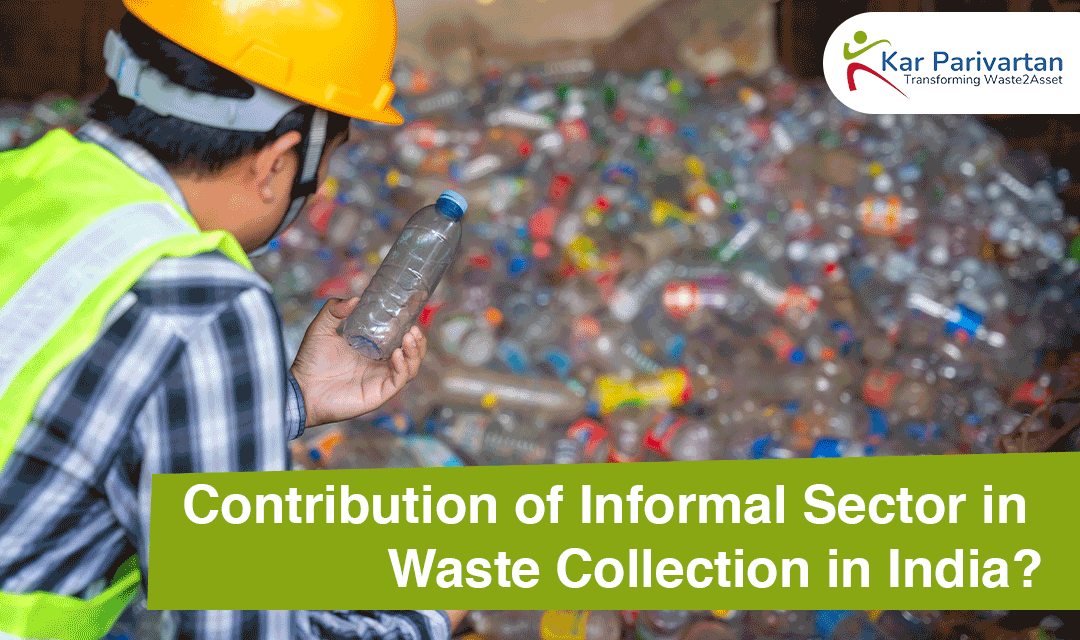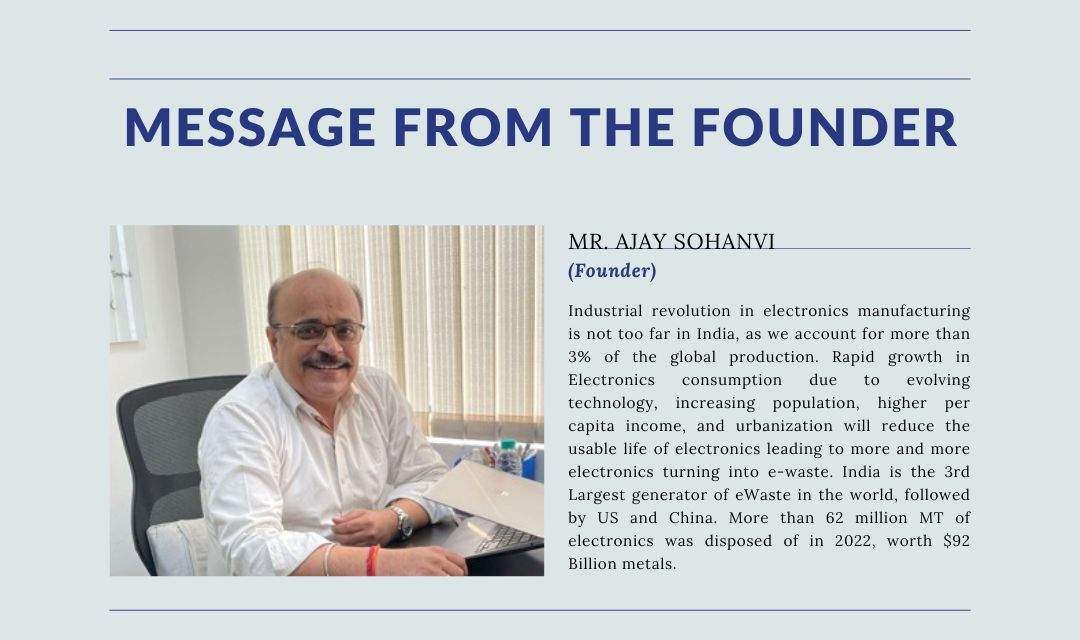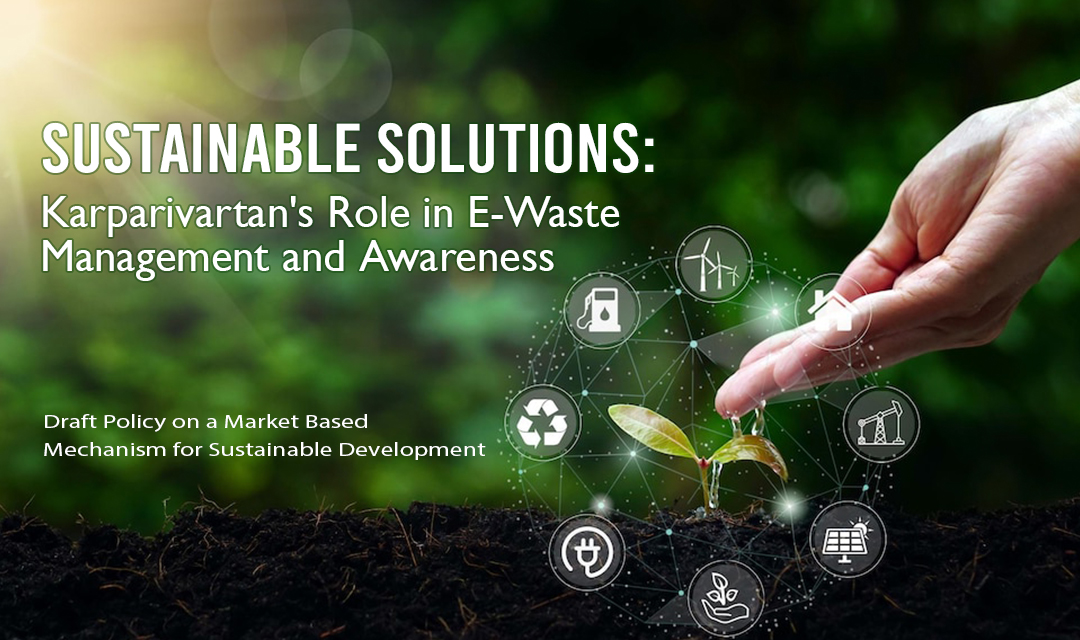Contribution of Informal Sector in Waste Collection in India?
The informal sector plays a significant role in waste collection in India, particularly in urban and peri-urban areas. Here are some key contributions of the informal sector in waste collection:
- Waste Collection at the Household Level: Informal waste workers, commonly known as waste pickers, often collect waste directly from households. They move door-to-door, collecting waste materials such as recyclables, organic waste, and other non-recyclable items. This service ensures that waste is collected at the source, preventing its accumulation in public spaces and reducing the burden on municipal waste management systems.
- Segregation of Waste: Informal waste workers are skilled at segregating waste materials. They categorize and separate recyclable items like paper, plastic, glass, and metal from non-recyclable waste. This segregation process improves the quality of recyclables and facilitates their subsequent processing and recycling.
- Collection from Informal Settlements: Informal waste workers play a crucial role in collecting waste from informal settlements, slums, and low-income areas where municipal waste collection services may be limited or absent. They provide a vital waste management service to these communities, helping to keep their surroundings clean and minimizing the health and environmental hazards associated with improper waste disposal.
- Recycling and Resource Recovery: Informal waste workers are actively involved in the recycling and resource recovery process. They collect recyclable materials and sell them to scrap dealers, recycling units, or middlemen. By salvaging and recovering valuable resources from the waste stream, they contribute to the circular economy, reduce the demand for raw materials, and minimize environmental degradation.
- Job Creation and Livelihoods: The informal waste sector provides employment and livelihood opportunities for a significant number of people, particularly those from marginalized communities. Waste pickers and other informal waste workers earn their livelihood by collecting and selling recyclable materials. This sector serves as an important source of income for individuals and families, contributing to poverty reduction and economic empowerment.
- Environmental Impact: The contribution of the informal waste sector in waste collection has positive environmental implications. By diverting recyclable materials from landfills, waste pickers help reduce the volume of waste sent for disposal, thereby reducing the environmental impact associated with landfilling. Additionally, their involvement in recycling helps conserve natural resources, save energy, and mitigate greenhouse gas emissions.
- Public Health and Hygiene: Informal waste workers contribute to public health and hygiene by collecting waste from households and public spaces. Their efforts help prevent the accumulation of waste, which can attract pests, spread diseases, and cause environmental pollution. By keeping the surroundings clean, they contribute to a healthier living environment for communities.
- Cost-effectiveness for Municipalities: The involvement of the informal waste sector in waste collection offers cost advantages for municipalities. Municipalities can leverage the services of waste pickers and informal waste workers to complement their waste management efforts. This collaboration reduces the burden on municipal resources, as the informal sector helps collect and manage waste at a lower cost.
Recognizing the contributions of the informal waste sector, many municipalities and organisations are working towards integrating waste pickers and other informal waste workers into formal waste management systems. Efforts are being made to provide them with better working conditions, training, social security, and access to fair wages, aiming to improve their livelihoods and ensure their inclusion in sustainable waste management practices.




